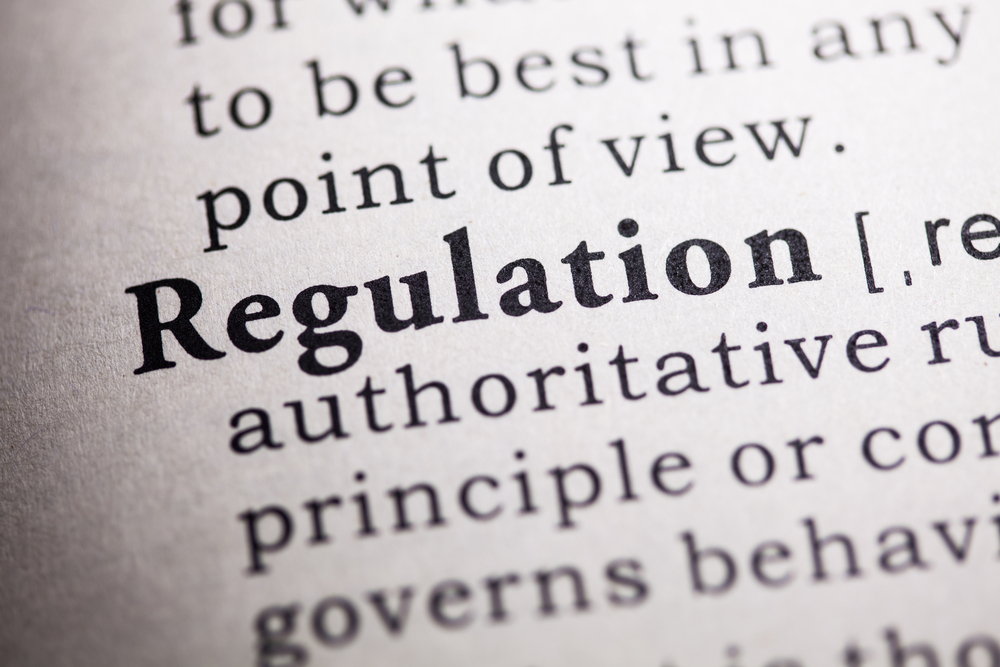April 19, 2021 – Calling the basis for proposed medical device exemptions from premarket notification (510(k)) requirements “flawed,” the Department of Health and Human Services (HHS) and the Food and Drug Administration (FDA) are withdrawing exemptions for 83 class II devices and one unclassified device which were proposed Jan. 15 in the last few days of the Trump administration without conferring with the FDA.
“We did not find any evidence that HHS consulted with, otherwise involved, or even notified FDA before issuing the Notice. Some of these proposed exemptions include device types that are indicated for a use in supporting or sustaining human life, such as product code NQY (‘Ventilator, Continuous, Minimal Ventilatory Support, Home Use’),” according to a notice published April 16 in the Federal Register.
These proposed exemptions were designed to make permanent several temporary exemptions for devices that were granted during the COVID-19 pandemic.
Class II devices are those designated as needing “special controls,” and such a classification is determined if general controls are not sufficient to provide a reasonable assurance of safety and effectiveness but there is sufficient information to establish special controls to provide such assurance.
Although the FDA can exempt a class II device, it generally considers the following factors to determine whether class II device types should be exempted from premarket notification requirements:
- The device does not have a significant history of false or misleading claims or of risks associated with inherent characteristics of the device;
- Characteristics of the device necessary for its safe and effective performance are well established;
- Changes in the device that could affect safety and effectiveness will either (a) be readily detectable by users by visual examination or other means such as routine testing, before causing harm, or (b) not materially increase the risk of injury, incorrect diagnosis, or ineffective treatment; and
- Any changes to the device would not be likely to result in a change in the device’s classification. FDA may also consider that, even when exempting devices, these devices will still be subject to the limitations on exemptions.
After considering these factors, “FDA determines whether specific device types are appropriate for exemption from section 510(k) because a report under section 510(k) is not necessary to assure the safety and effectiveness of the device.” None of these factors was part of the Trump administration’s decision to exempt the 84 devices, according to the April 16 notice.
The Trump administration relied “solely on a tally of adverse events in FDA’s Manufacturer and User Facility Device Experience database (MAUDE), and the conclusion was based on the number of adverse events MAUDE tabulated,” the notice states.
These reports have limitations and are “an inappropriate basis for exemption because, for example, adverse events may be underreported for certain devices and a low number of reports in MAUDE may reflect the low number of marketed devices, and not necessarily the risk of injury.” Further, the notice states that not only is adverse event information “inadequate on its own for assessing safety, it may provide little to no information about effectiveness.”
The current HHS administration conducted a review of these proposed exemptions based on these criteria, on the staff and leadership of the FDA’s Center for Devices and Radiological Health coming forward with several problems with the proposal, and on public comments and inquiries received by the March 15 deadline that asked about “potential errors and ambiguities” in the proposal, such as “mismatched product descriptions, product codes and regulatory citations.” Several comments noted that inaccurate readings from certain devices (e.g., tonometers, electrocardiographs, seizure monitoring systems and cerebral oximeters) “may contribute to erroneous clinical and surgical decisions” that are not reflected in adverse event reports.
The lack of any consultation with the FDA on this matter seemed to be a sticking point for the current HHS administration: “It is particularly important that FDA have at least some level of involvement in this type of an action given the expertise needed in evaluating whether a submission under 510(k) of the [Food, Drug & Cosmetic Act] is necessary to assure the safety and effectiveness of a device.”
A second notice in the April 16 Federal Register is requesting comments on another Jan. 15 exemption proposed by the Trump administration for surgeon and patient examination gloves, which are class I devices. Comments on that proposal are due by May 17.




